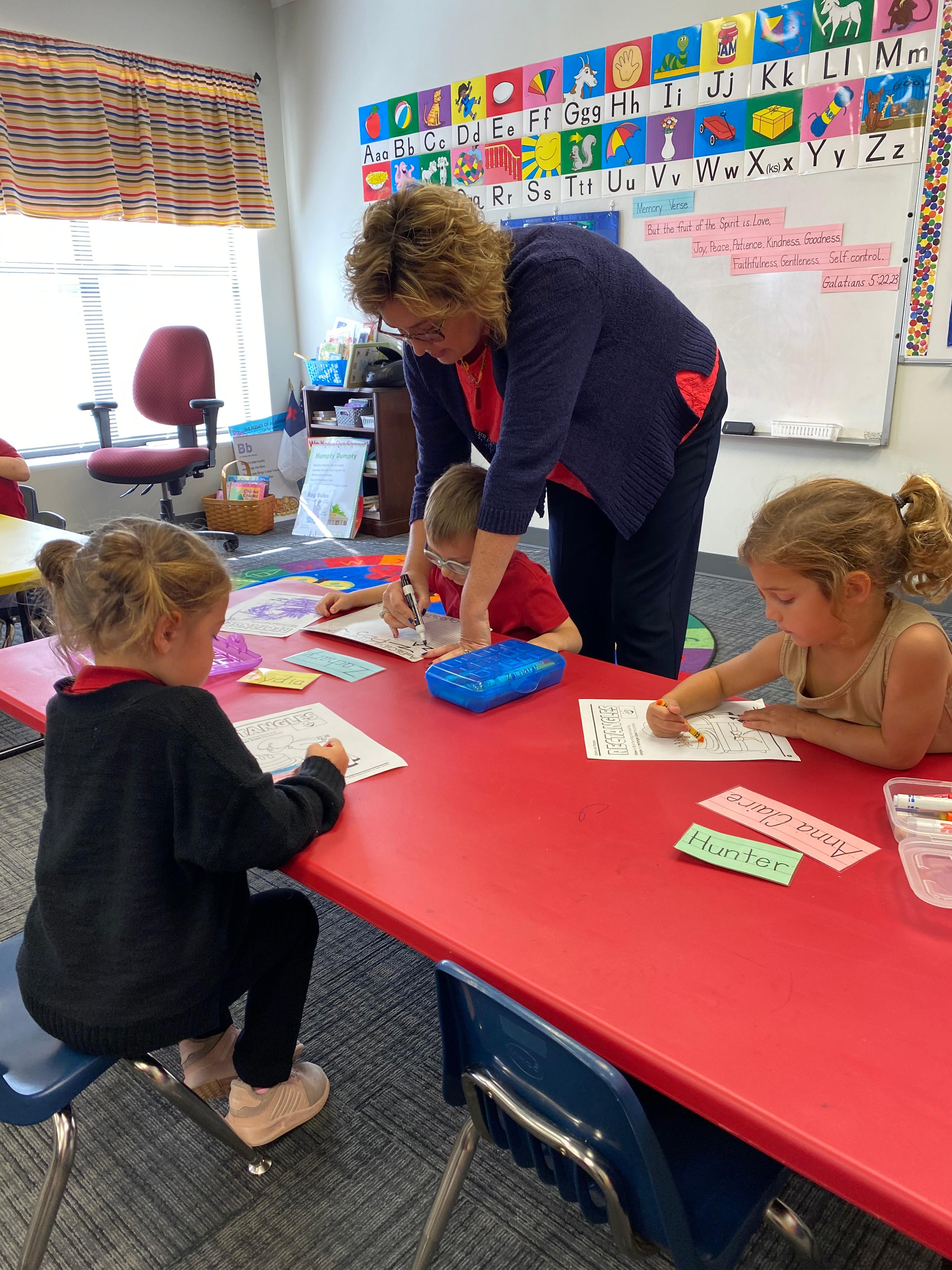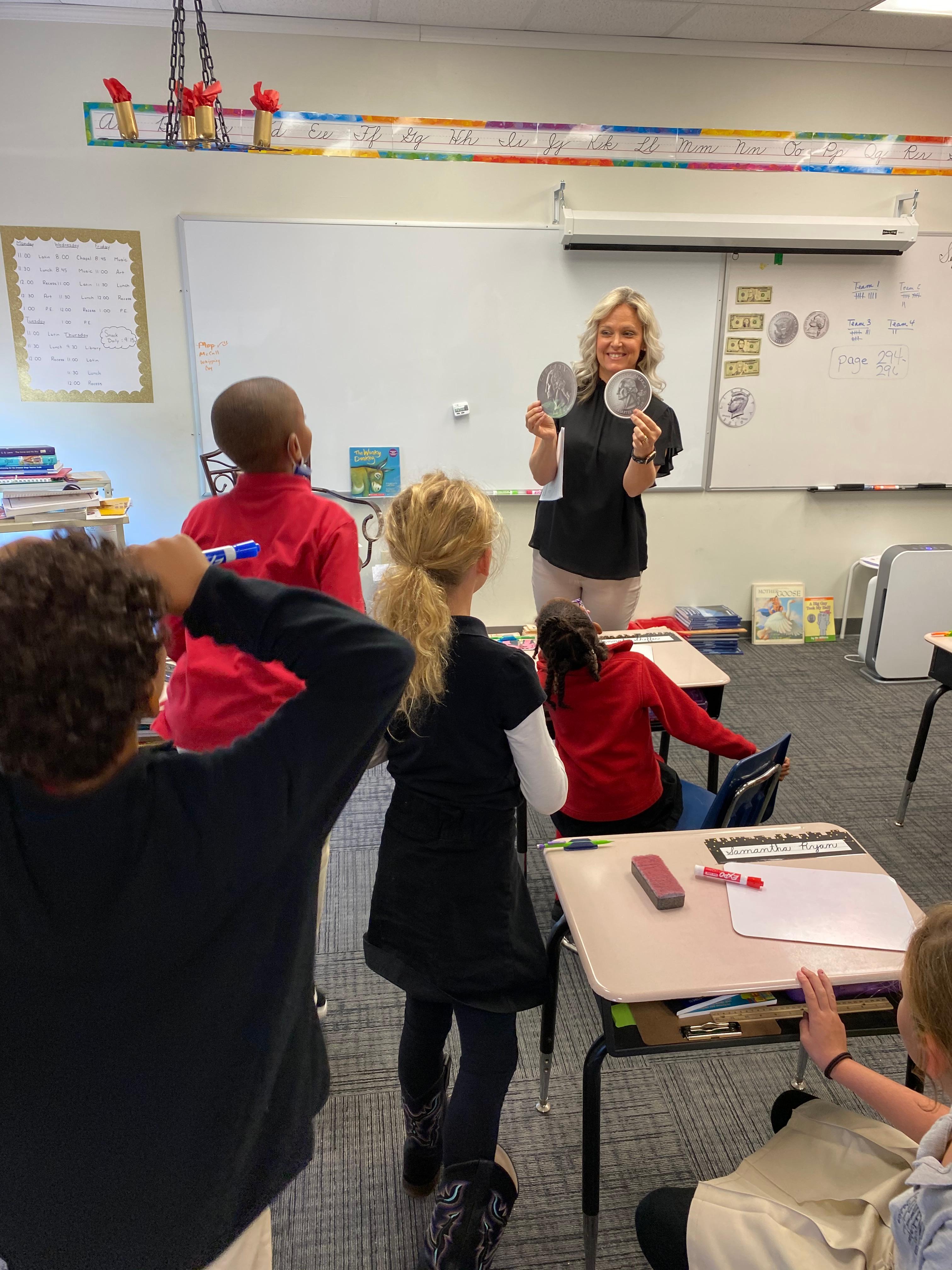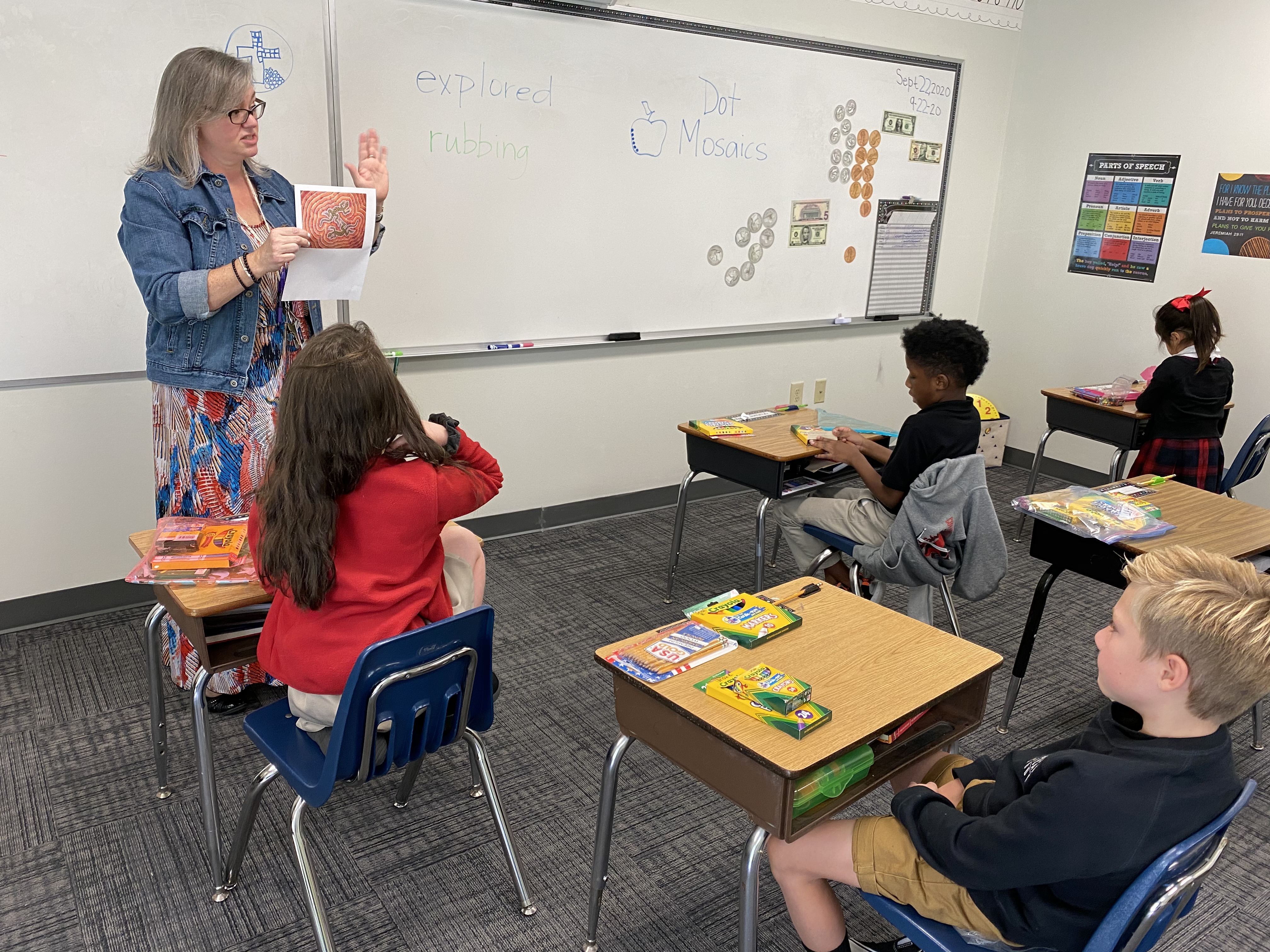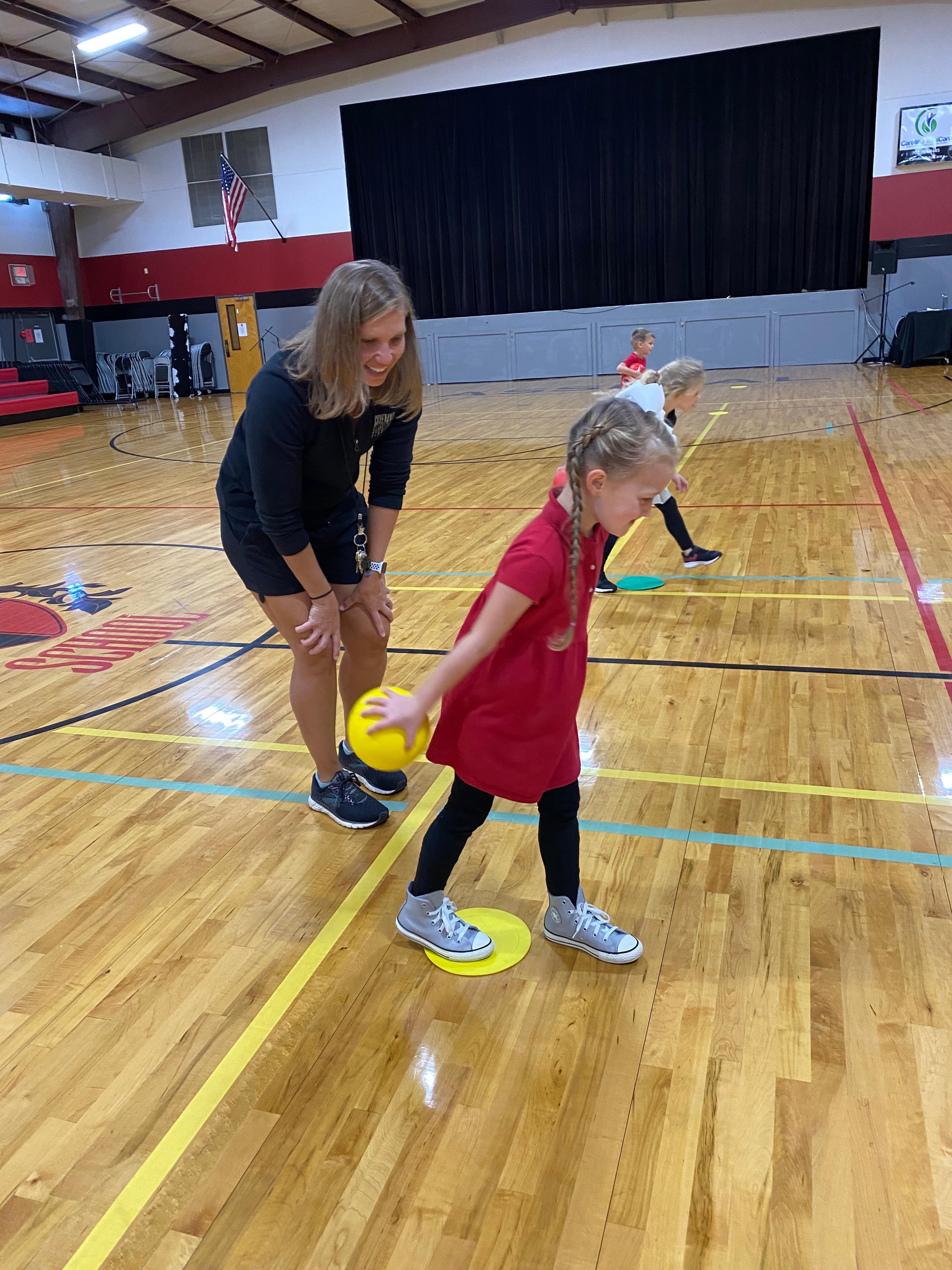This past spring, one of the assignments I gave my 6th grade students was to write a journal piece about this COVID-19 quarantine. I told them that historians might be interested in what students thought and felt and did during this unprecedented time. Taking the assignment to heart, I wrote as well because I always try to write alongside my students. Here’s an excerpt of mine:
“This distance learning has peeled away layers, revealing what teaching is to me. Real teaching is presence. It is exchange. It is question-and-answer flow (Shurley Grammar inside joke). It is standards and expectations that can be communicated best through loving relationships. It is soul-work—for both student and teacher. It has purpose and connections. With online school, my reach is only so far. I bang my hand (and sometimes head!) against the computer screen, trying to touch hearts, souls, and habits. School is not about transmitting information. It is about discovering joy--together. Ah, I miss it!” 
Putting down my pen, I closed my journal and finished out the school year. Later, I tried to put my finger on what was so distasteful about online teaching. Here’s what I decided: Classical education is so much more than worksheets, video instruction, and data entry! It’s about capturing and harnessing the imagination of the student, which in turn, delights the educator. Together, they learn and explore God’s universe.
Upon further reflection, one of the things I decided I love best about teaching is “standing up in front of a live audience.” The beauty of in-school teaching is the liberty to read the class, calling for a stand-up group activity--“a friendly little competition” with homonyms or word puzzles at just the right moment. When the learners are stretched beyond what they think they can endure, the teacher can hop up, grab everyone for an activity or quick outside run-around.
Moreover, classroom school includes partner and group work, which build social skills and give opportunities to move in or identify one’s giftings. These activities require training. Some kids are naturally social and know how to give and take during these assignments; others find partner and group work agony. Therefore, teachers circulate the room, prodding, intervening, praising, and coaching in order to keep the group moving towards its goal.
Some subjects are difficult to wholly instruct virtually. For example, I always say that poetry is a team sport. Ordinarily, I love introducing my students to my favorite classics: “in just spring” by e.e.cummings, or “The Bells” by Edgar Allan Poe. Cummings’ use of child-like language and spelling sets the tone for the wonder of spring, and Poe’s use of onomatopoeia (always an excellent challenge spelling word) induces the listener to distinguish between different types of bells. Both are read-aloud worthy and wonderful when analyzed together!
Science is a difficult subject to reproduce through the computer. During a normal school year, our young classes troop over to the Upper School science lab to observe high school chemists forming compounds or physicists calculating distance on a catapult. Our own group labs and experiments just aren’t the same when done at home and have to be severely modified.
Additionally, Humanities are best served up with drama, narration, and play-acting. Every few years, the 6th grade prepares and records an entire newscast of Ancient Rome events and people. Sure, you can read about Mt. Vesuvius in a textbook and get the information, but wouldn’t it be more fun to be an eye-witness with a fake microphone, reporting the news of the eruption?
Another thing I missed was the rich discussion. These class conversations ignite the learning process. I love to pull that shy student into a verbal thought process and at the same time, teach the talkative one to hold back. I think since discussion builds upon the ideas of others, it can be done best in community, without the goofing off with virtual backgrounds and texting to the side.
My joy, my passion, is to entice my students to read a little longer, think a little deeper, and try a little harder. I desire that they find joy in learning and in working together towards that goal. Yes, I’m thankful for technology which gave us the opportunity to see each other and read our answers to each other, but nothing compares, in my opinion, to the alternative. Online school is two dimensional—literally. But the classroom experience? Nothing beats it!

